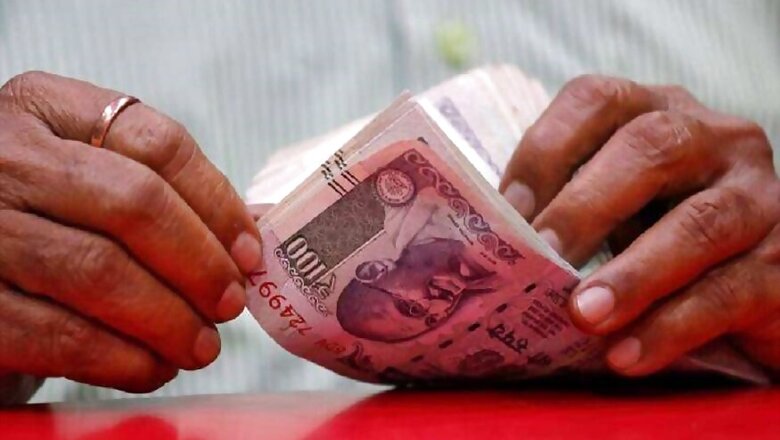
views
The finance ministry on Tuesday said states will collect stamp duty at uniform rate on transactions of shares, debentures and other securities from July 1.
The provisions of the amended Indian Stamp Act, 1899, will come into effect from Wednesday.
With this, the stamp duty will have to be paid by either the buyer or the seller of a financial security, as against the current practice of levying the duty on both.
The present system of collection of stamp duty on securities market transactions led to multiple rates for the same instrument, resulting in jurisdictional disputes and multiple incidences of duty, thereby raising the transaction costs in the securities market and hurting capital formation.
The finance ministry said the move is aimed at facilitating ease of doing business and bringing in uniformity of the stamp duty on securities across states and thereby building a pan-India securities market.
"The central government, after due deliberations with the states, through requisite amendments in the Indian Stamp Act, 1899... has created the legal and institutional mechanism to enable states to collect stamp duty on securities market instruments at one place by one agency (through stock exchange or Clearing Corporation authorised by it or by the depository) on one Instrument," the ministry said in a statement.
A mechanism for appropriately sharing the stamp duty with relevant state governments has also been developed which is based on the state of domicile of the buyer, it added.
This rationalised and harmonised system through centralised collection mechanism is expected to ensure minimise cost of collection and enhance revenue productivity.
"Further, this system will help develop equity markets and equity culture across the length and breadth of the country, ushering in balanced regional development," the ministry added.
With the amendments the stamp-duty on sale, transfer and issue of securities shall be collected on behalf of the state government by the collecting agents who then shall transfer the collected stamp-duty in the account of the concerned state government.
For all exchange based secondary market transactions in securities, stock exchanges shall collect the stamp duty; and for off-market transactions and initial issue of securities happening in demat form, depositories shall collect the stamp duty.
The collecting agent shall transfer the collected stamp duty in the account of concerned state government with the Reserve Bank of India or any scheduled commercial bank, as informed to the collecting agent by the RBI or the concerned state government.



















Comments
0 comment